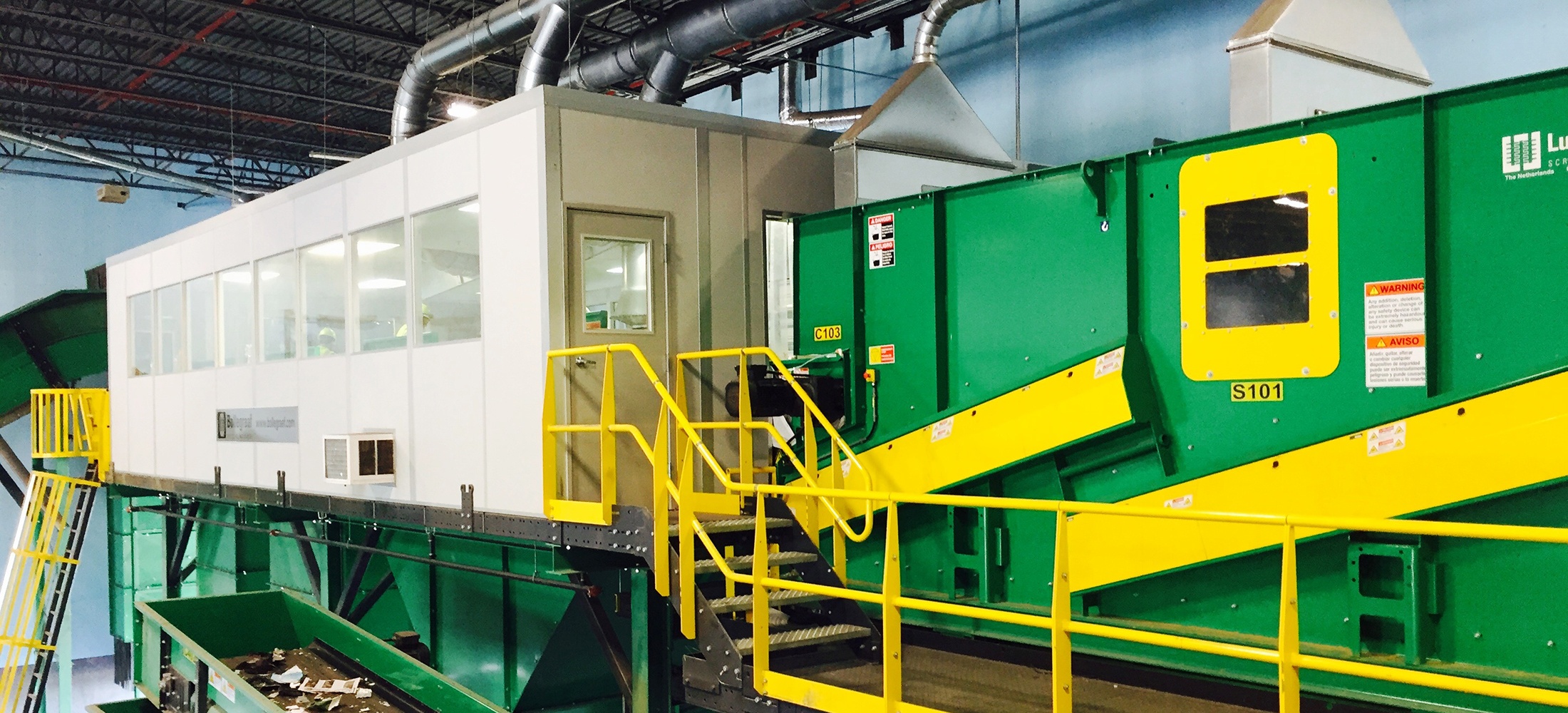FCC Environmental Services, with U.S. headquarters in Houston, opened its new MRF in January 2017 at the McCommas Bluff Landfill. In exchange for the land, FCC secured a 15-year agreement to process the city’s curbside collections and sell the recycled materials to generate revenue.
Burns & McDonnell worked with the city to develop the arrangement’s parameters, and has helped see it through. FCC designed, built and operates its MRF at the landfill, with financial arrangements in place:
- Dallas pays FCC a processing fee of $70.54 per ton.
- FCC pays Dallas half of the revenue generated by material sales, plus another $15 for every ton brought in from customers outside the city.
If prices hold steady and collections increase — several adjacent communities are using the MRF — Dallas makes money. But if revenues fall short of Dallas’ fee payments, FCC covers the difference.
“Everybody wins,” says Scott Pasternak, who led the Burns & McDonnell efforts on the project. “It’s a great model.”
